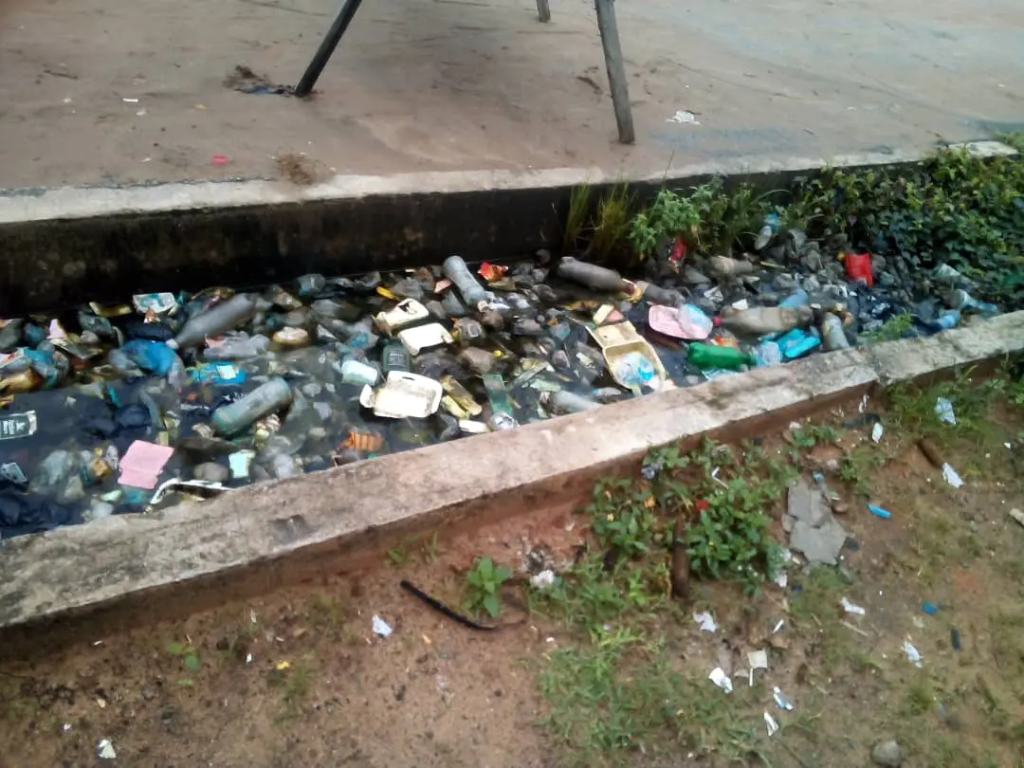
The Lagos State Government has taken immediate action to address the environmental challenges posed by single-use plastics, particularly non-biodegradable Styrofoam. The Commissioner for the Environment and Water Resources, Tokunbo Wahab, announced the ban on Sunday, citing the detrimental impact of these materials on the environment.
The decision comes in response to the extensive pollution caused by Styrofoam, which regularly clogs drainage channels despite ongoing cleaning efforts. Wahab emphasized that a significant portion of litter on major roads and in markets consists of Styrofoam, posing a threat to the state’s environment, particularly as a coastal city.
To enforce the ban, Wahab directed the Lagos Waste Management Authority (LAWMA) and the Kick Against Indiscipline (KAI) to take immediate action. Both agencies are tasked with cracking down on Styrofoam production companies and distribution outlets to prevent further distribution of these harmful materials.
The Commissioner justified the ban by referencing existing laws and regulations, such as the National Environmental (Sanitation and Waste Control) Regulation of 2009 and the 2017 State Environmental Management and Protection Law. These laws empower the government to prevent activities that harm human health or the environment.
Producers, distributors, and end-users of Styrofoam were cautioned to take the ban seriously and explore alternatives to avoid heavy fines and penalties, including the potential sealing of their premises. They may also be held financially responsible for the daily cleanup of their products from roads and drainage channels, which incurs significant costs.
Wahab highlighted the broader consequences of single-use plastics, including climate change, flooding, and the spread of diseases like cholera. He urged consumers and residents to reject Styrofoam and single-use plastics, advocating for the use of reusable food containers and water bottles as a more environmentally friendly practice.






Be First to Comment